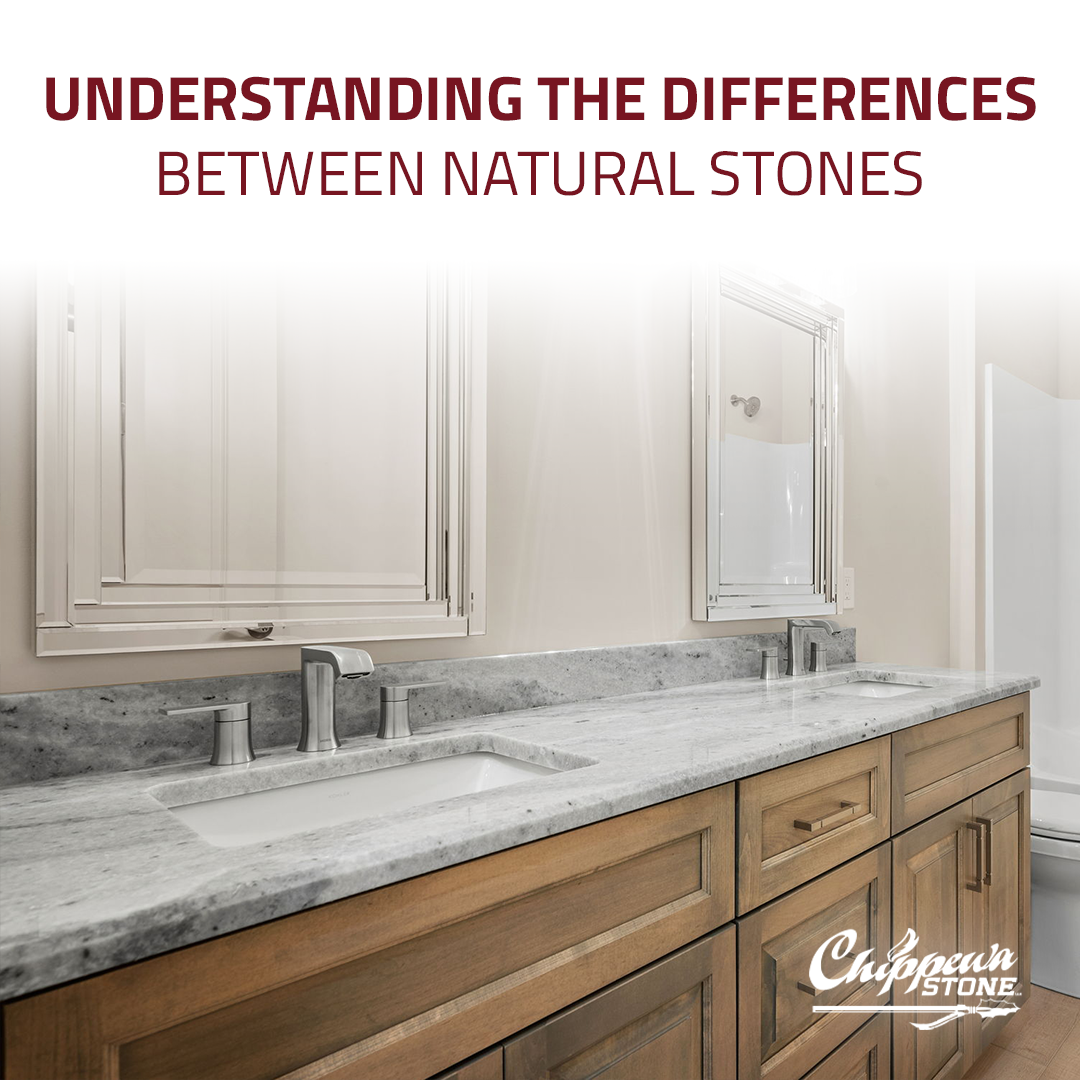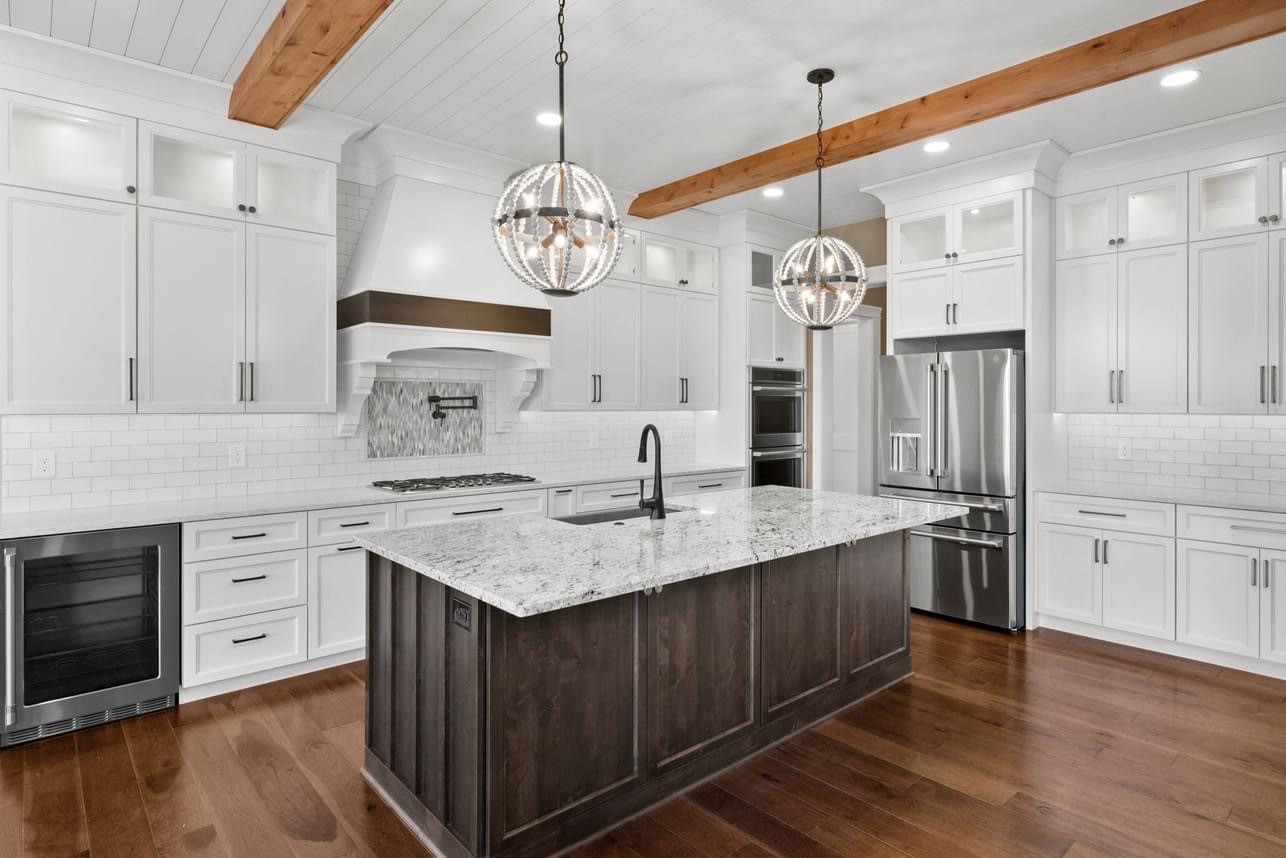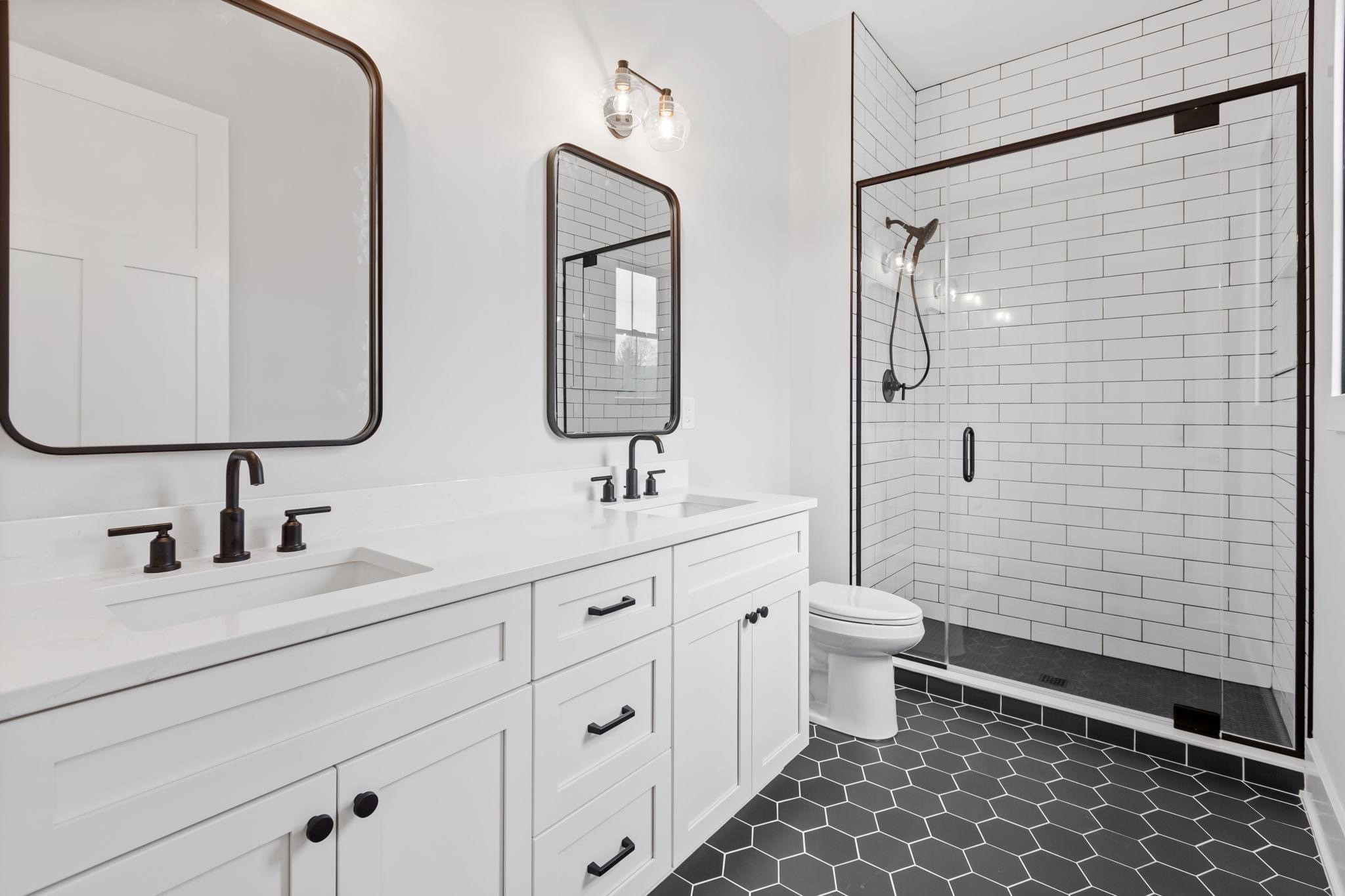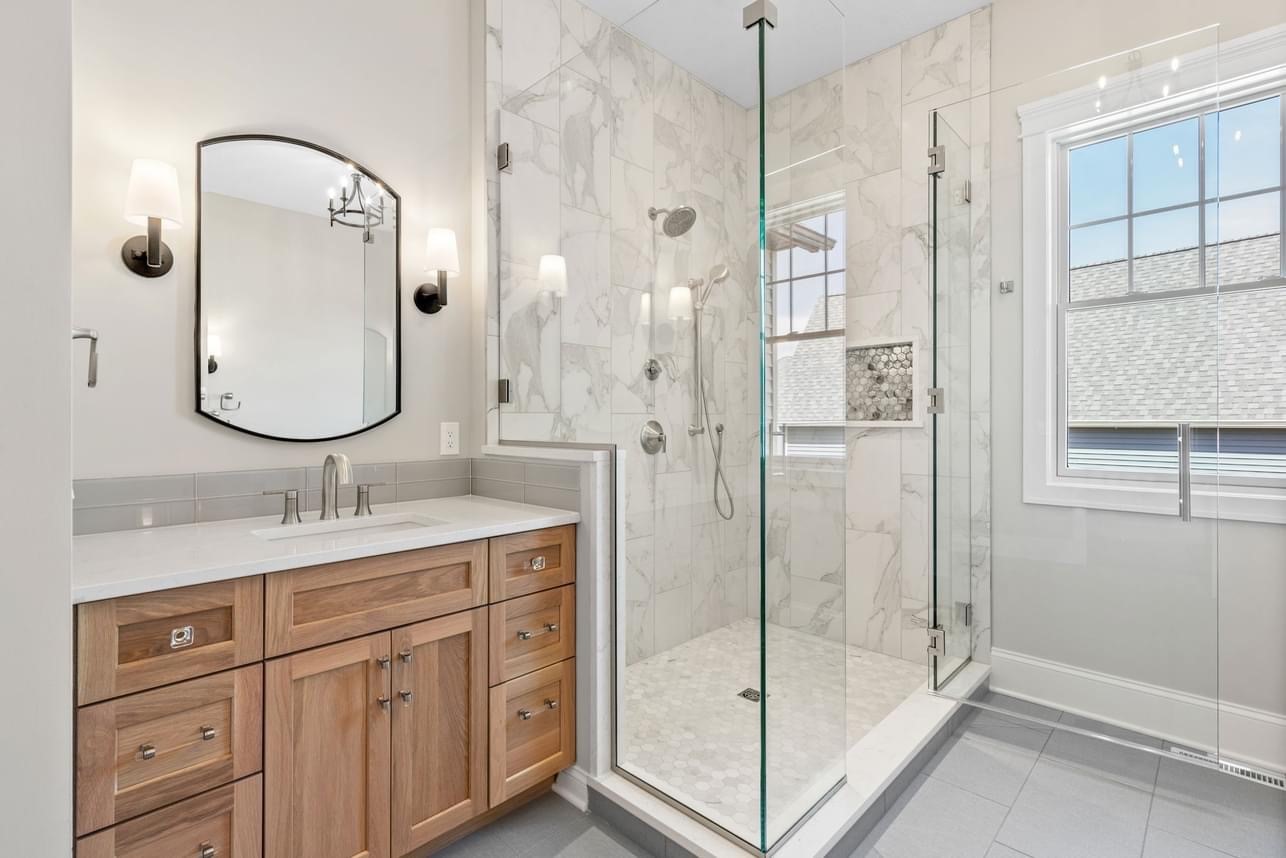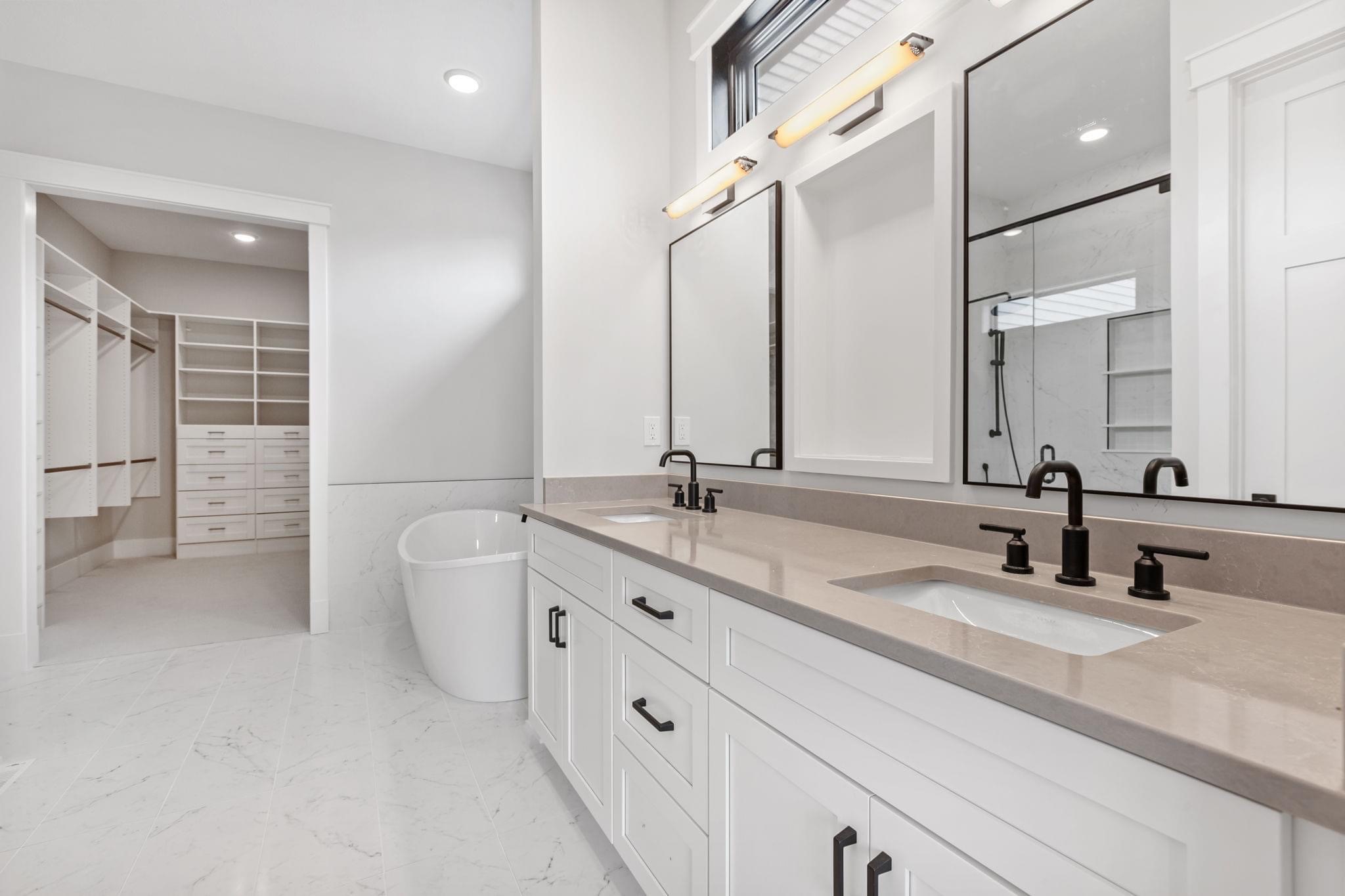When it comes to selecting materials for your home, natural stone stands out for its elegance, durability, and timeless appeal. However, not all natural stones are created equal. Granite, marble, quartzite, soapstone, and dolomite each bring unique characteristics and benefits to the table. Understanding these differences can help you make an informed choice that perfectly suits your lifestyle and aesthetic preferences. Let’s dive into the defining features, pros, and cons of these popular natural stones.
Granite
Granite is one of the most popular choices for countertops and other surfaces in the home. It’s an igneous rock composed mainly of quartz and feldspar, giving it a granular texture and a wide variety of colors and patterns.
Characteristics
- Durability: Extremely hard and resistant to scratches.
- Heat Resistance: Can withstand hot pots and pans without damage.
- Variety: Comes in a wide range of colors and patterns, from subtle to bold.
Pros
- Highly durable and long-lasting.
- Low maintenance with proper sealing.
- Resistant to stains and heat.
Cons
- Requires periodic sealing to maintain resistance to stains.
- Can be pricey depending on the rarity of the slab.
- Heavy, requiring professional installation.
Marble
Known for its luxurious appearance, marble is a metamorphic rock that has been used in architecture and design for centuries. Its veining and soft color palettes make it a favorite for high-end kitchens and bathrooms.
Characteristics
- Aesthetic Appeal: Unique veining gives each slab a one-of-a-kind look.
- Softness: Softer and more porous than granite, making it susceptible to etching.
Pros
- Elegant and timeless appearance.
- Ideal for bathrooms and low-traffic areas.
- Cool surface, perfect for baking enthusiasts.
Cons
- Prone to scratching and staining.
- Requires regular sealing and maintenance.
- Sensitive to acidic substances like lemon juice and vinegar.
Quartzite
Quartzite is a natural stone formed from sandstone and quartz under high heat and pressure. It’s often confused with quartz (an engineered stone), but quartzite is entirely natural.
Characteristics
- Durability: Comparable to granite in hardness.
- Appearance: Looks similar to marble but is much more durable.
Pros
- Highly resistant to heat and scratches.
- Low maintenance with proper sealing.
- Offers the beauty of marble with greater durability.
Cons
- Limited color options compared to granite.
- Requires sealing to prevent stains.
- Can be expensive.
Soapstone
Soapstone is a softer, non-porous natural stone known for its smooth, matte feel. It’s composed primarily of talc, which gives it a unique texture.
Characteristics
- Softness: Softer than granite and quartzite but highly dense.
- Patina: Develops a darker, richer patina over time.
Pros
- Non-porous, so it doesn’t require sealing.
- Resistant to stains and bacteria.
- Unique, antique-like aesthetic.
Cons
- Prone to scratching and chipping due to its softness.
- Limited color range, usually in shades of gray or green.
- Requires regular oiling to maintain its appearance.
Dolomite
Dolomite is a lesser-known natural stone that falls somewhere between marble and granite in terms of hardness. It’s a sedimentary rock composed mainly of calcium magnesium carbonate.
Characteristics
- Appearance: Similar to marble with subtle veining.
- Durability: Harder than marble but softer than granite.
Pros
- More affordable than marble or quartzite.
- Resistant to heat and scratches.
- Beautiful, subtle patterns and colors.
Cons
- Requires sealing to prevent staining.
- Susceptible to etching from acidic substances.
- Not as widely available as other stones.
Choosing the Right Stone for Your Home
When deciding which natural stone to use, consider the following factors:
- Usage: Will the surface be in a high-traffic area like a kitchen, or a low-traffic area like a bathroom? Granite or quartzite might be better for heavy-use areas, while marble or soapstone could work well in spaces with less wear and tear.
- Maintenance: Are you willing to perform regular sealing and maintenance? If not, a low-maintenance option like soapstone might be ideal.
- Budget: Natural stones vary significantly in price. Determine your budget before selecting a stone.
- Aesthetic Preferences: Each stone has its unique look. Consider how the stone’s colors and patterns will complement your home’s design.
- Longevity: If you’re looking for a surface that will last a lifetime, granite or quartzite are excellent choices due to their durability.
Caring for Natural Stone
Regardless of which natural stone you choose, proper care and maintenance are essential to keep it looking its best. Here are some general tips:
- Seal Regularly: Most natural stones benefit from periodic sealing to prevent stains and etching.
- Clean Gently: Use pH-neutral cleaners and avoid harsh chemicals.
- Wipe Spills Immediately: Prevent substances like wine, coffee, and lemon juice from sitting on the surface.
- Use Coasters and Trivets: Protect your stone from heat and scratches.
- Avoid Abrasive Tools: Use soft cloths or sponges for cleaning to prevent scratches.
Final Thoughts
Natural stones like granite, marble, quartzite, soapstone, and dolomite each bring unique qualities to your home. By understanding their characteristics, pros, and cons, you can select the perfect material to enhance your space. Whether you’re drawn to the durability of granite, the elegance of marble, or the unique texture of soapstone, there’s a natural stone that’s just right for you.
At Chippewa Stone, we’re here to help you make an informed decision and bring your vision to life. Contact us today or visit our showroom to explore our wide selection of natural stones!

